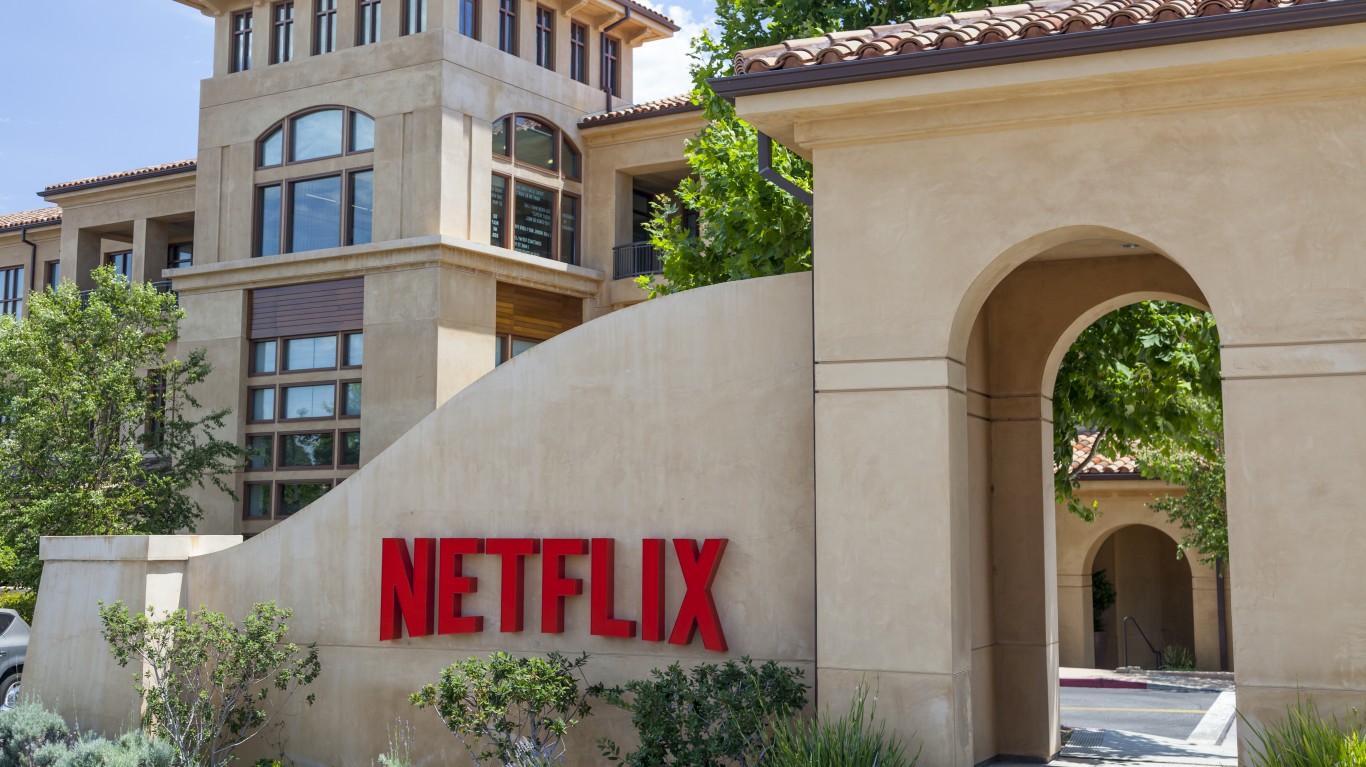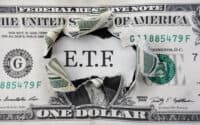With the market acting somewhat like a heavyweight boxer that took a haymaker but is still wobbling on, many investors are starting to get nervous. If the equity strategists at Deutsche Bank are right, they may have good reason for concern. In a new research report, the analysts point out that, while for the most part earnings data and other macro signs look OK, they do not see oil prices rebounding anytime soon, and Federal Reserve interest rates hikes are on the way, which could strengthen the U.S. dollar even more.
In the report, the Deutsche Bank team caution that a near-term 5% to 9% correction could be in the offing, and sector selection could be more important this year than in recent years. They also offered up a list of questions that investors are asking them most frequently.
1) How expensive is the S&P? The current 17.8 trailing and 17.3 forward price-to-earnings (P/E) numbers are rich. In fact they are 10% to 15% above the historical norm. That means two things in essence. Either earnings need to jump or stocks need a sell-off.
2) Is an 18 trailing P/E sustainable, and is there upside? The analysts think yes, if long-term Treasury yields do not go over 3% for the rest of the cycle. With the 30-year bond now at a 2.66% yield, there is not a lot of breathing room.
3) What sectors have the most P/E upside? The Deutsche Bank team like big-cap technology and health care stocks. Many of the firms we cover on Wall Street agree.
4) Which sectors and industries benefit from lower oil prices and which suffer? Usually consumer staples and discretionary, and some transports like the airlines, benefit. Energy, capital goods, metals and mining, chemicals and utilities can suffer.
5) Is the 10% record high S&P net profit margin sustainable? The analysts think yes, but this could be the top. They also see margin pressure in certain sectors, like energy and industrials.
6) Are the S&P payouts sustainable? The analysts think the answer is yes, but also believe that companies may shift from stock buybacks to dividends going forward.
7) Have S&P companies driven earnings-per-share growth with stock buybacks? The analysts point out that only 20% of earnings growth, or 1.6%, is from buybacks since 2012.
8) How will equities and long-term interest rates react to Federal Reserve rate hikes? The Deutsche Bank team thinks that once the Fed does start raising rates, they will continue through next year. They also think rates will not increase past the 2% level (from currently close to 0%), unless labor costs really heat up. They also think this upcoming rate hike cycle will be far different from those in the past, and the key to P/E going forward will again be long-term yields.
9) Should small cap stocks be brought into rate hikes and which ones? Typically small caps outperform in climbing interest rate and stronger dollar scenarios, as many are not big exporters. The analysts feel they could outperform if the S&P avoids a serious slide. They caution that the Russell 2000 premium versus the S&P is still rich.
10) What’s the capital expenditure (capex) outlook? The Deutsche Bank team is expecting 5% capex growth within the overall U.S. gross domestic product (GDP) this year. They see the big drop in capex in the energy sector at least partially offset by better spending in the tech sector.
So reading between the lines is not all that difficult. The Deutsche Bank strategists are cautiously optimistic, but they remain very clear which sectors they feel can offer the best chances for stock investors this year. Plus, again, they are thinking a 5% to 9% correction could be in the cards, and that looks to be a very likely possibility.
100 Million Americans Are Missing This Crucial Retirement Tool
The thought of burdening your family with a financial disaster is most Americans’ nightmare. However, recent studies show that over 100 million Americans still don’t have proper life insurance in the event they pass away.
Life insurance can bring peace of mind – ensuring your loved ones are safeguarded against unforeseen expenses and debts. With premiums often lower than expected and a variety of plans tailored to different life stages and health conditions, securing a policy is more accessible than ever.
A quick, no-obligation quote can provide valuable insight into what’s available and what might best suit your family’s needs. Life insurance is a simple step you can take today to help secure peace of mind for your loved ones tomorrow.
Click here to learn how to get a quote in just a few minutes.
Thank you for reading! Have some feedback for us?
Contact the 24/7 Wall St. editorial team.



